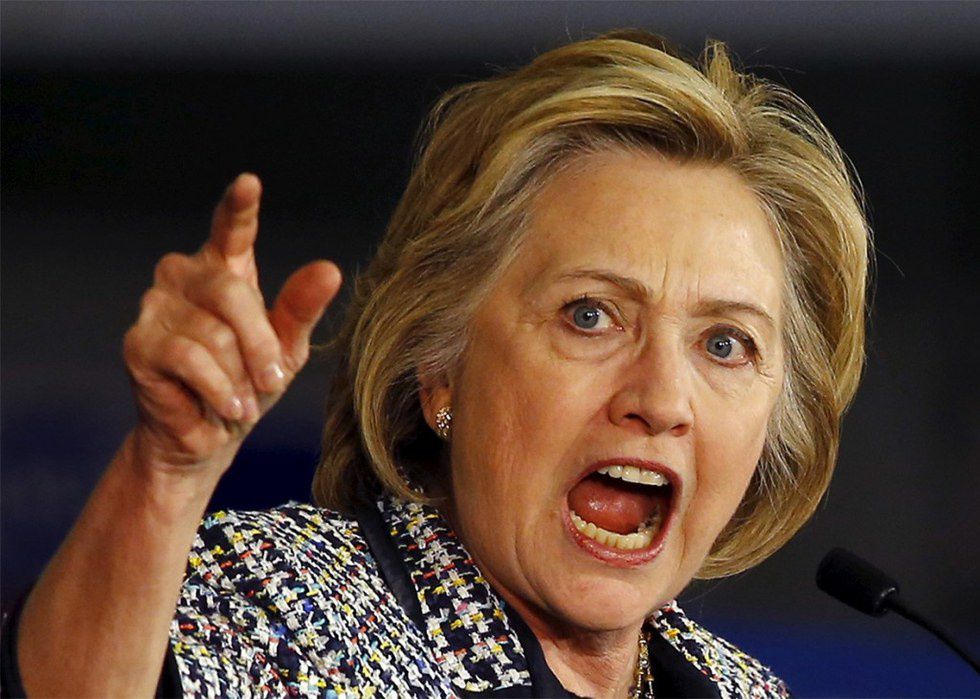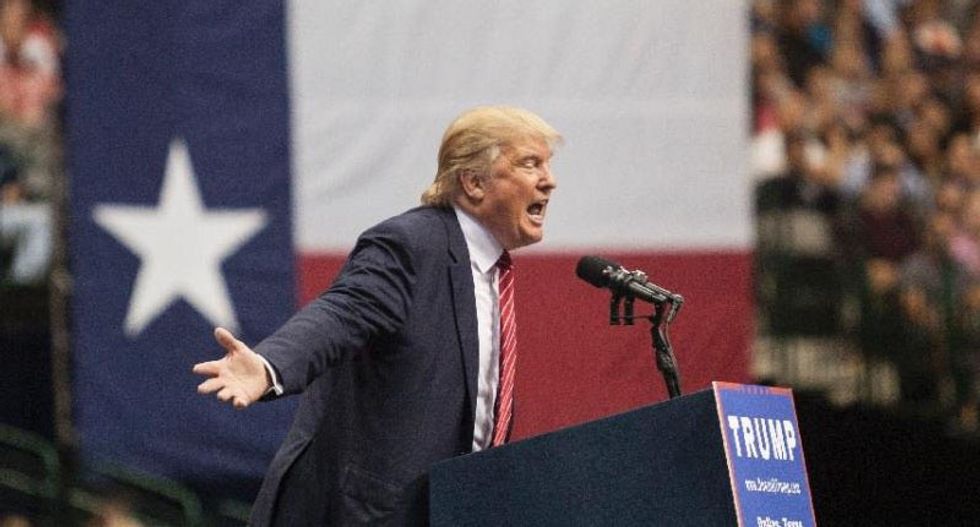Growing up, I always thought the voting process was truly phenomenal, and it really is. As I came to understand the basic concepts of a republic, and a democracy that evolves according to the people, my fondness for the basal concepts of America was spurred to greater heights, culminating until the point of this election cycle.
And then – over the course of one full year, from August 2015 – I gradually lost most of that blind faith I had in the American political system. I’d always been politically independent and unbiased for the most part, and was excited to finally have the chance to vote.
What happened?
I have never seen a generation so apathetic about voting. Political pundits were correct: this is a different election cycle, much different from what has been seen in the past. For the first time in many decades, the GOP nominated a candidate with no real political experience, a multi-billionaire who has never been elected to a local or state office, rocketing straight for the position of Commander in Chief.
That hasn’t happened since the election of Eisenhower, and he was someone who had a vast wealth of political experience during the Second World War. Now, much to the discontent of many, the GOP has aligned itself to none other than Donald Trump.
Not to say, of course, that the Democratic Party has been innocent; no, far from it. Recently, a Wikileaks release revealed that DNC officials had shown Clinton a great deal of bias in her bid for the nomination. Not only that, but the email scandal surrounding Clinton’s private email servers culminated in the FBI simply giving her a pass, almost blatantly stating that different rules applied to her.

So, yes. I abstain from choosing sides. I don’t want to vote for a candidate that I don’t support, just so that the other party doesn’t win. After all, what solution is there? Vote for a third party candidate? Maybe, though with a barely perceptible chance of change. Abstain from voting? If I did, what right would I have to complain about the result? Vote for my 12th grade US Government teacher as a write-in candidate? Maybe. Just maybe.
However, one thing is clear: the illusion has been broken. There is no thin patriotic veil over this particular election; just a sense of bleak hopelessness within my generation, a rising voice without the courage to speak out.
Part of me wonders what our society will think of this election in fifty years – in twenty – even in just ten years. Are we a generation to be embarrassed about? How different will things be, if at all? One thing will be agreed upon, more than anything else:
This election was nothing like anything in the past. Yes, political pundits – this year, things will be very different.









 The minimum wage is not a living wage.
StableDiffusion
The minimum wage is not a living wage.
StableDiffusion
 influential nations
StableDiffusion
influential nations
StableDiffusion












